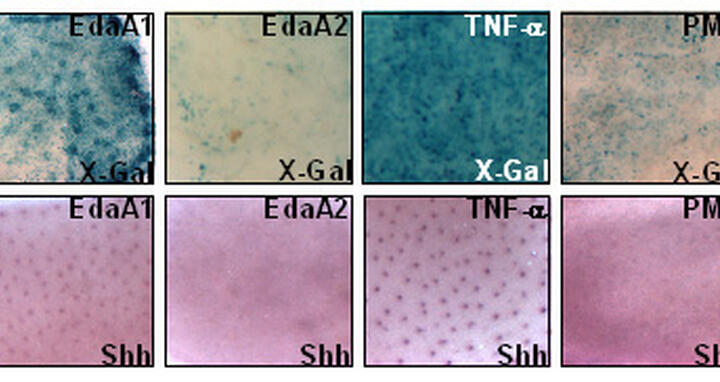Oncogene-induced senescence as an initial barrier in lymphoma development
The transformation of a healthy cell into a malignant one is a complicated process. We now know that cells have protective mechanisms to ward off cancer including apoptosis, literally cellular suicide. In more recent years, scientists have learned about senescence whereby cell division is stopped as the cell’s growth cycle is literrally suspended. Thus, like apoptosis, senescence acts as a self-protection system to prevent cells from uncontrolled division that could eventually result in tumor formation. To date, scientists have been able to show that cellular senescence is induced in response to oncogene activation in vitro. Now, researchers from Charité - Universitätsmedizin Berlin and the MDC in Berlin have demonstrated that senescence indeed acts as a key barrier against tumor formation in vivo. (Nature doi:10.1038/nature03841).
Using mouse models in which the Ras gene is activated in lymphocytes, Melanie Braig (Laboratory of Prof. Clemens Schmitt) and colleagues discovered that mice genetically lacking the enzyme Suv39h1 developed aggressive lymphomas. Interestingly, as apoptosis was not affected by disruption of cellular senescence in the absence of Suv39h1, chemotherapy-induced apoptosis remains an effective treatment. The results have implications for novel therapeutic strategies against lymphoma based on distinct defects in apoptosis and senescence programs.
Contact:
Pamela Cohen
p.cohen@mdc-berlin.de
+49 30 9406 2121






